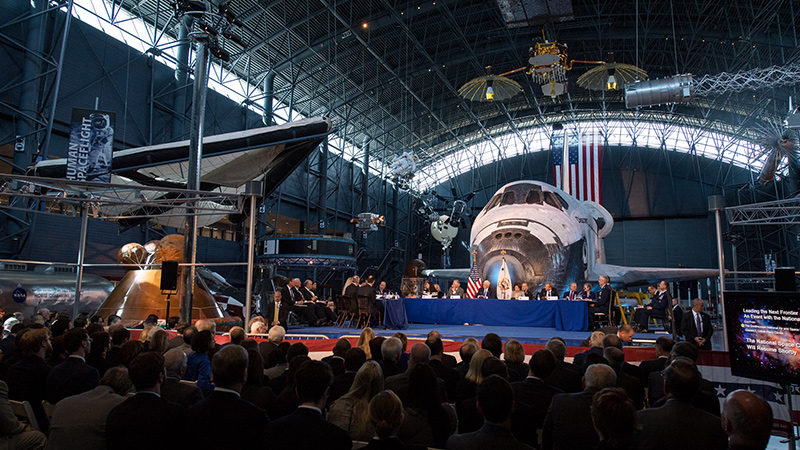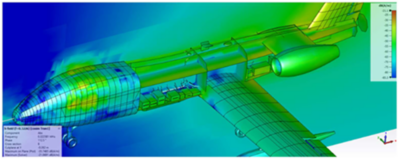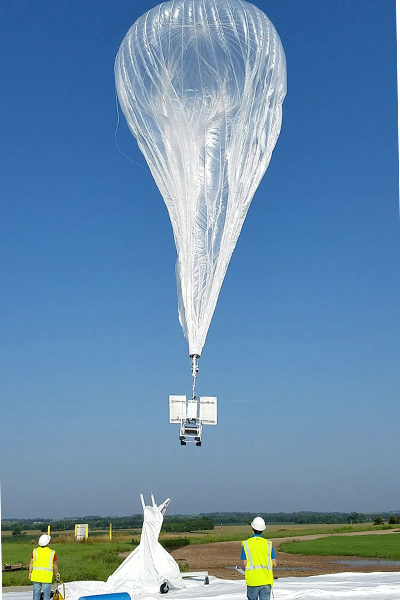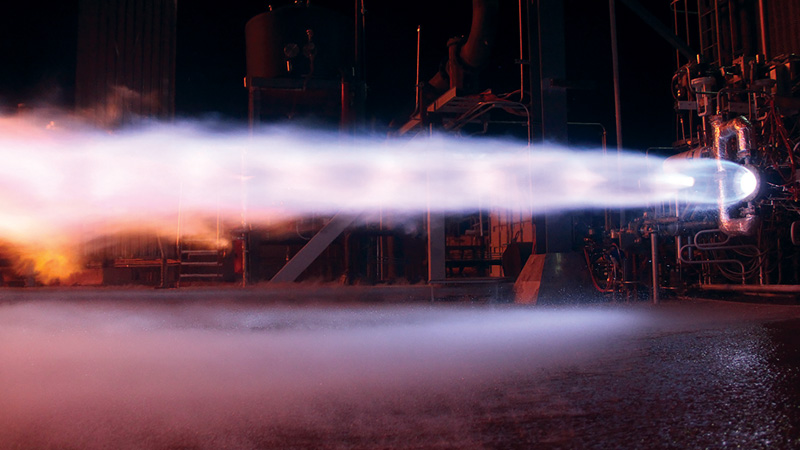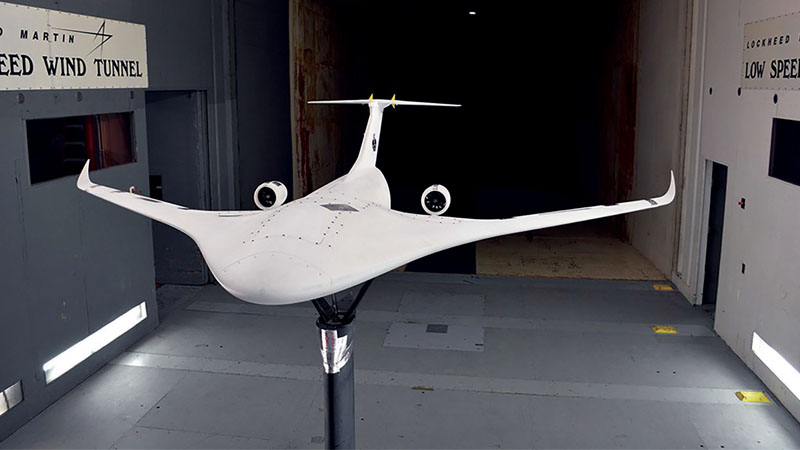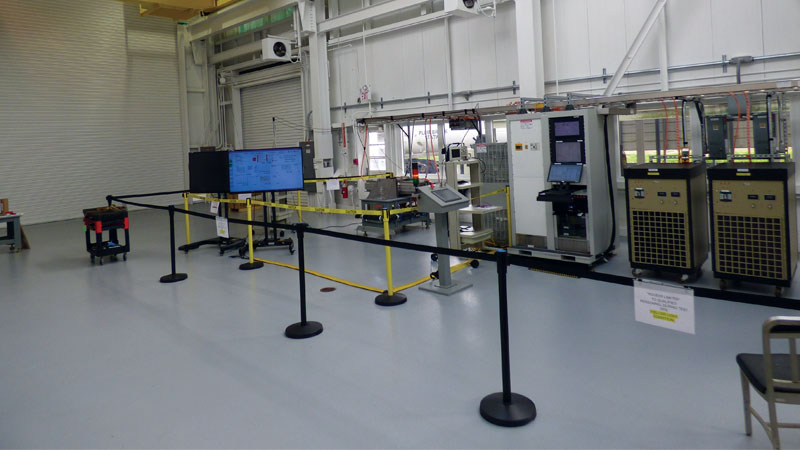Space commerce, drones draw legal interest
By Jessica Sweeney Noble and Dan Blakeslee|December 2017
The Legal Aspects of Aeronautics and Astronautics Integration and Outreach Committee fosters the development, application and operation of space systems and addresses emerging issues in the area.
This year has been one of retrospectives and prospective change for aerospace law and policy. The 50th anniversary of the signing ceremonies for the United Nations Treaty on Principles Governing the Activities of States in the Exploration and Use of Outer Space, including the Moon and Other Celestial Bodies was in January. This milestone prompted many, including U.S. Sen. Ted Cruz, R-Texas, chairman of the space subcommittee of the Senate Committee on Commerce, Science, and Transportation, to examine the efficacy of the 50-year-old treaty.
The subcommittee held three hearings over the summer under the heading of Reopening the American Frontier to examine the domestic and international legal framework governing commercial activities in space. There was consensus among the legal experts who testified in the May hearing that the United States should not seek to amend the treaty. Discussion will continue on alternative methods of addressing the legal uncertainties that commercial space companies face, such as international guidelines and domestic regulatory reform.
Legislation was introduced in June in the U.S. House of Representatives to address some of the concerns of the commercial space industry and expedite the commercial remote sensing licensing process. The American Space Commerce Free Enterprise Act of 2017 would move many responsibilities for the review of space activities away from the FCC, FAA and NOAA to the Department of Commerce’s Office of Space Commerce in an effort to streamline the review process. At press time, the bill was awaiting a floor vote by the full House.
The trend of national legislation favoring property rights in space resources continued in July, when Luxembourg granted companies rights to resources extracted in space and established a license and supervision regime.
In the U.S., President Donald Trump signed the NASA Transition Authorization Act of 2017 in March. It set a $19 billion budget for NASA for fiscal 2017. In June, Trump signed an executive order re-establishing the National Space Council. Scott Pace, director of the Space Policy Institute at George Washington University in Washington, D.C., was selected to serve as the council’s executive secretary.
Drone law continued to be a hot area. In 2015, the FAA started requiring all drones be registered and pay a small registration fee. But, in May 2017, a federal appeals court ruled operators of drones and unmanned aircraft that meet Section 336 of the FAA Modernization and Reform Act don’t have to register and may delete their registration and have their fees refunded.
The FAA rolled out a rule that lets pilots use enhanced flight vision systems for landing and rollout from 100 feet and lower. The rule — finalized in December 2016 and effective March 21 — is limited to head-up displays. However, manufacturers have been working on more feature-rich EFVS options with the head-down displays that naturally have more color-rich pixels to work with.
The Trump administration made air traffic control privatization a part of its infrastructure rebuilding program and in June submitted a proposal to Congress, which forwarded it to the Senate Appropriations subcommittee for transportation and housing and the House Appropriations subcommittee for transportation. Both subcommittees rejected the initial proposal.

